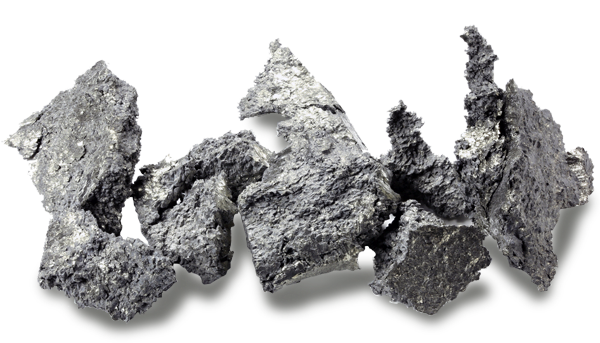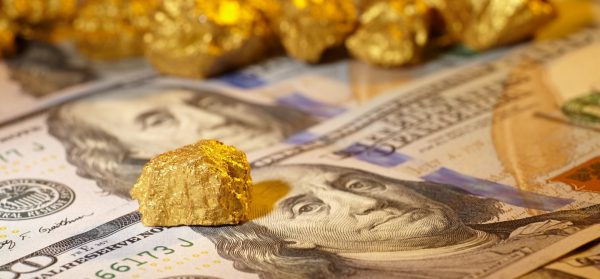China Issues Rare Earth Regulations to Strengthen Domestic Supply Protection

China has unveiled a list of rare earth regulations aimed at protecting supplies in the name of national security, laying out rules on the mining, smelting and trade in the critical materials used to make products from magnets in electric vehicles to consumer electronics.
The regulations, issued by the State Council or cabinet on Saturday, say rare earth resources belong to the state, and that the government will oversee the development of the industry around rare earths – a group of 17 minerals of which China has in recent years become the world’s dominant producer, accounting for nearly 90% of global refined output.
Their global industrial significance is such that under a law that entered into force in May the EU set ambitious 2030 targets for domestic production of minerals crucial in the green transition – particularly rare earths due to their use in permanent magnets that power motors in EVs and wind energy.
EU demand is forecast to soar sixfold in the decade to 2030 and sevenfold by 2050.
The new Chinese regulations, which will take effect on October 1, say the State Council will establish a rare earth product traceability information system.
Enterprises in rare earth mining, smelting and separation, and the export of rare earth products, shall establish a product flow record system, shall “truthfully” record the flow, and shall enter it into the traceability system, the State Council said.
China already last year introduced restrictions on exports of the elements germanium and gallium, used widely in the chip-making sector, citing the need to protect national security and interests.
It also banned the export of technology to make rare earth magnets, in addition to imposing a ban on technology to extract and separate rare earths.
Those rules fanned fears that restrictions in rare earth supplies might help increase tensions with the West, particularly the United States, which accuses China of using economic coercion to influence other countries. Beijing denies the claim.
China’s rare earths regulations also come as the EU gears up to impose provisional tariffs on Chinese EVs on July 4 to protect the 27-state bloc from what it says is a flood of EVs produced with unfair state subsidies, though both sides have said they plan talks on the proposed tariffs.
Mining Weekly


